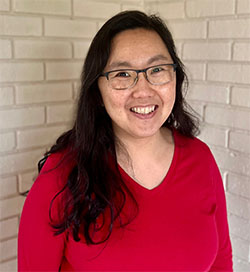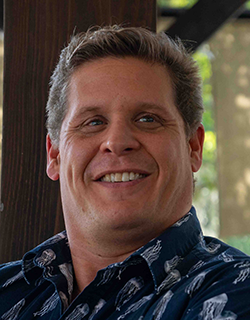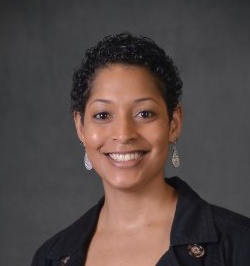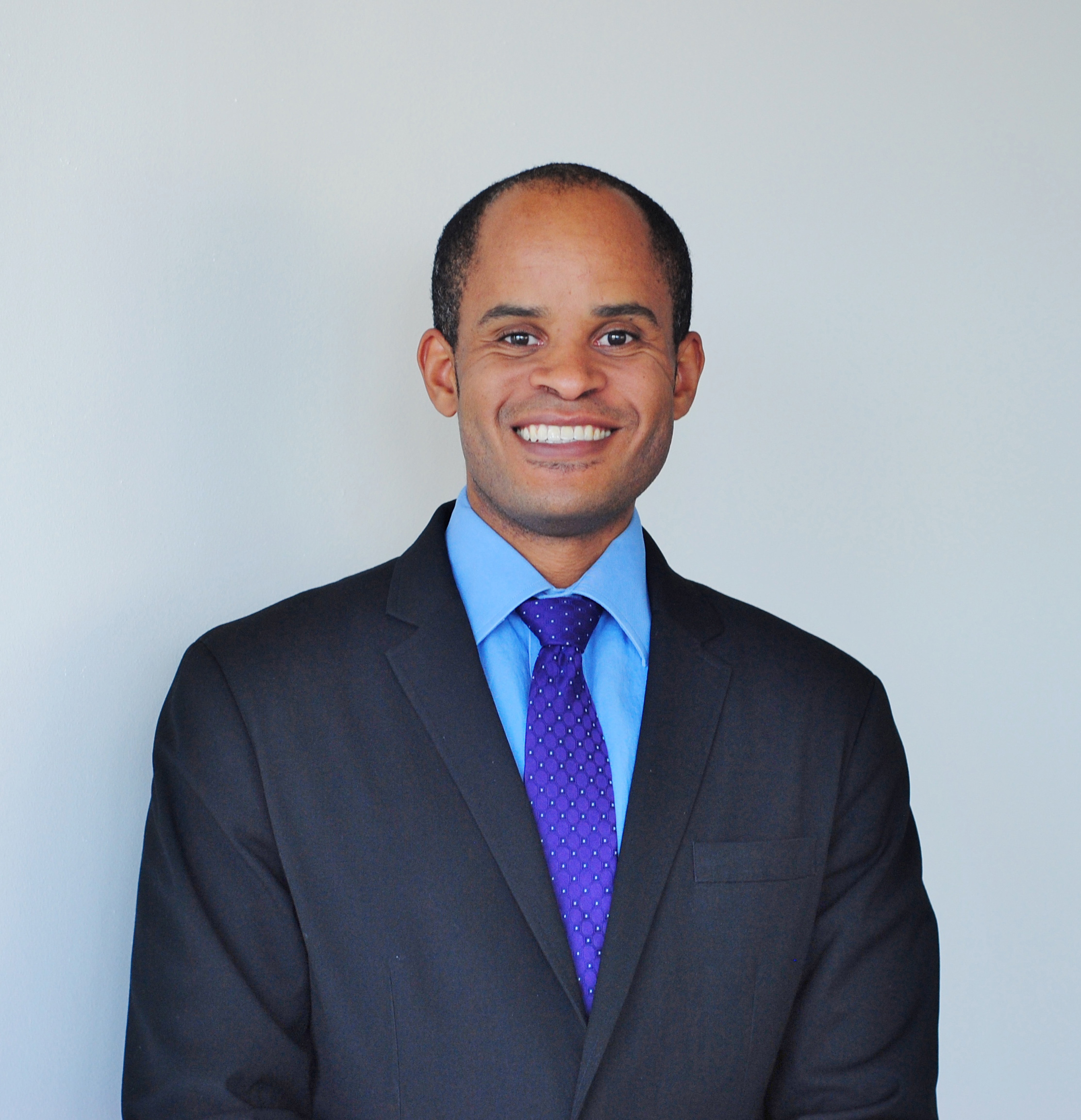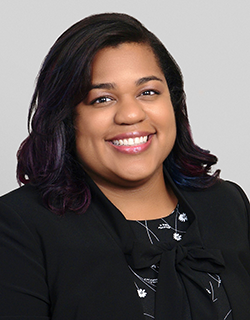Expanding the Reach of NIGMS Predoctoral Basic Biomedical Research Training
We would like to remind the training community about and encourage applications to the Trans-Departmental Basic Biomedical Sciences (TBB) predoctoral training program. TBB is one of 12 basic biomedical sciences areas NIGMS supports through PAR-23-228. The goals are to broaden the scope and the institutional and geographic distribution of NIGMS basic biomedical research training programs, as well as to enhance research training capacity. In contrast to other programs focused on specific scientific areas, the TBB program provides students with research training opportunities from the breadth of biomedical disciplines at participating organizations.
To be eligible, applicants may not have an active NIGMS predoctoral T32 in any of the 12 basic biomedical sciences areas at the time of the TBB T32 award. Additionally:
- NIGMS grantees who have one basic biomedical T32 can apply to convert to the TBB track at the time of a renewal application to broaden the pool of students able to participate in basic biomedical research training.
- Organizations with multiple NIGMS predoctoral T32 programs can apply to combine their awards into a single trans-departmental training award to enhance the efficiency and flexibility of their NIGMS predoctoral training program.
- Because the program is focused on building training capacity in basic biomedical disciplines, institutions that only have NIGMS predoctoral T32 funding through the Medical Scientist Training Program are also eligible to apply.
We encourage institutions with few or no NIH predoctoral T32s and organizations in Institutional Development Award (IDeA) states to apply. We accept applications three times a year, and the next deadline is May 25, 2025.
If you have questions, please contact Sydella Blatch Alexander, Jeremy McIntyre, and Joyce Stamm.

